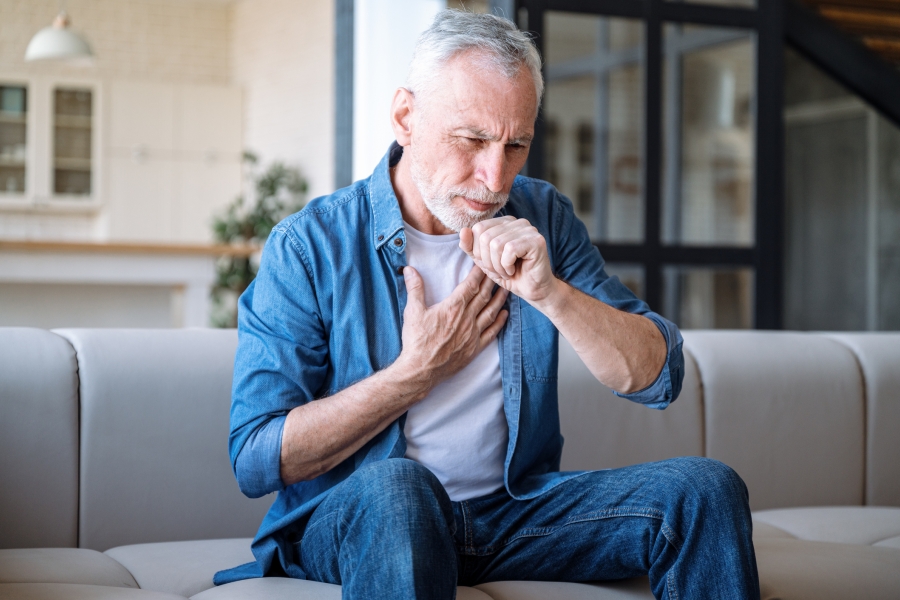The number of coronavirus, or COVID-19, cases continues to increase worldwide. Here in the U.S., most people are following the same preventive measures, including social distancing (also known as physical distancing), frequent handwashing and staying at home. However, these are not the only steps you can take to decrease your risk.
If you smoke cigarettes or vape, you may be at a higher risk for a more severe illness if you’re infected with the virus causing COVID-19.
Here, I explain why and how you can move toward quitting smoking or vaping during these challenging times.
Jump to:
-
How do smoking and vaping cause lung inflammation and lower immune function?
-
If you quit smoking cigarettes or e-cigarettes, will you lower your chance of developing COVID-19?
-
Does social distancing make it more difficult to quit smoking or vaping?
Does smoking increase your risk of developing COVID-19?
Currently, there is conflicting data on the effect of smoking and vaping and the risk of developing COVID-19. Initial data from China pointed towards increased risk of COVID infection in smokers. However, more recent reports from France and New York highlight the unexpectedly low percentage of smokers among COVID-19 infections.
That said, both smoking cigarettes and vaping are closely linked to lung inflammation and lower immune function. When your immune system is weakened, you’re more susceptible to developing a serious illness.
We know typical symptoms of COVID-19 are cough, fever, fatigue and in severe cases, difficulty breathing. If your respiratory system is already vulnerable from smoking or vaping when you get COVID-19, it may make it difficult for you to handle the infection.
While most people who are infected with COVID-19 recover at home, a portion — about 15% — end up in the ICU with respiratory distress.
How do smoking and vaping cause lung inflammation and lower immune function?
Inflammation is your body’s response to what it perceived as an attack. In the case of your lungs, inflammation is usually caused by exposure to toxins, pollutants or allergens. Cigarette smoke and e-cigarette emissions lead to lung inflammation because they damage the epithelial layer of the lungs. This is the outer layer that among other things helps protect the lungs from infection.

